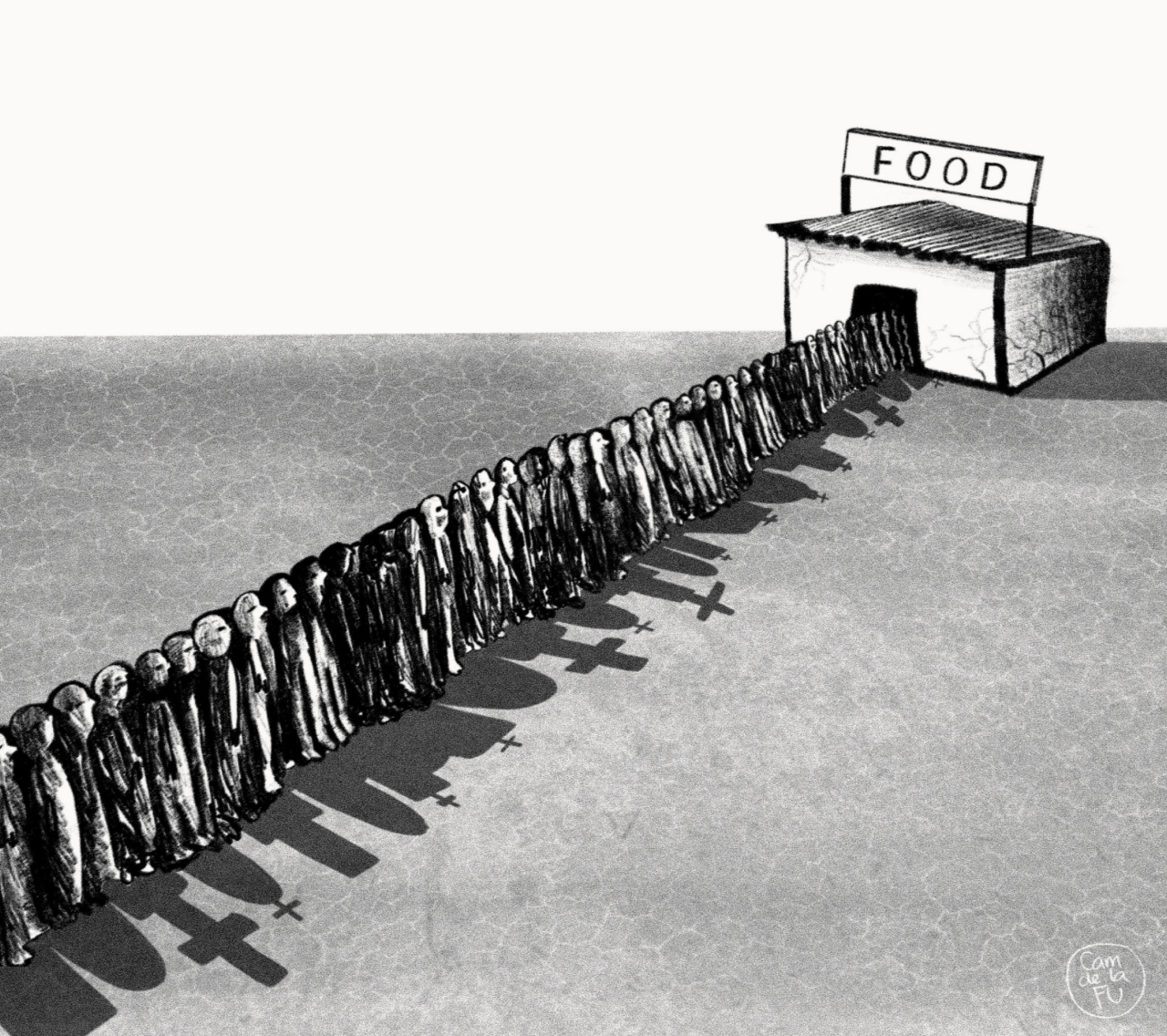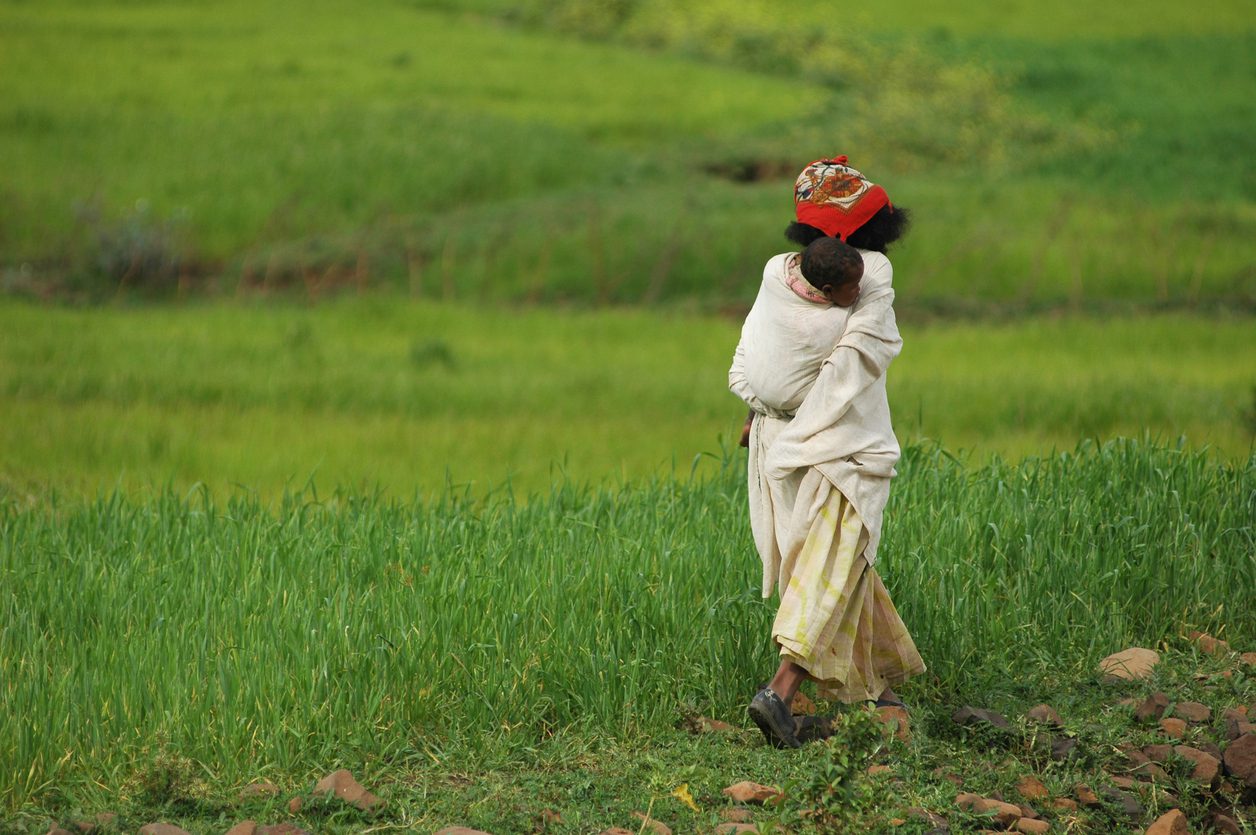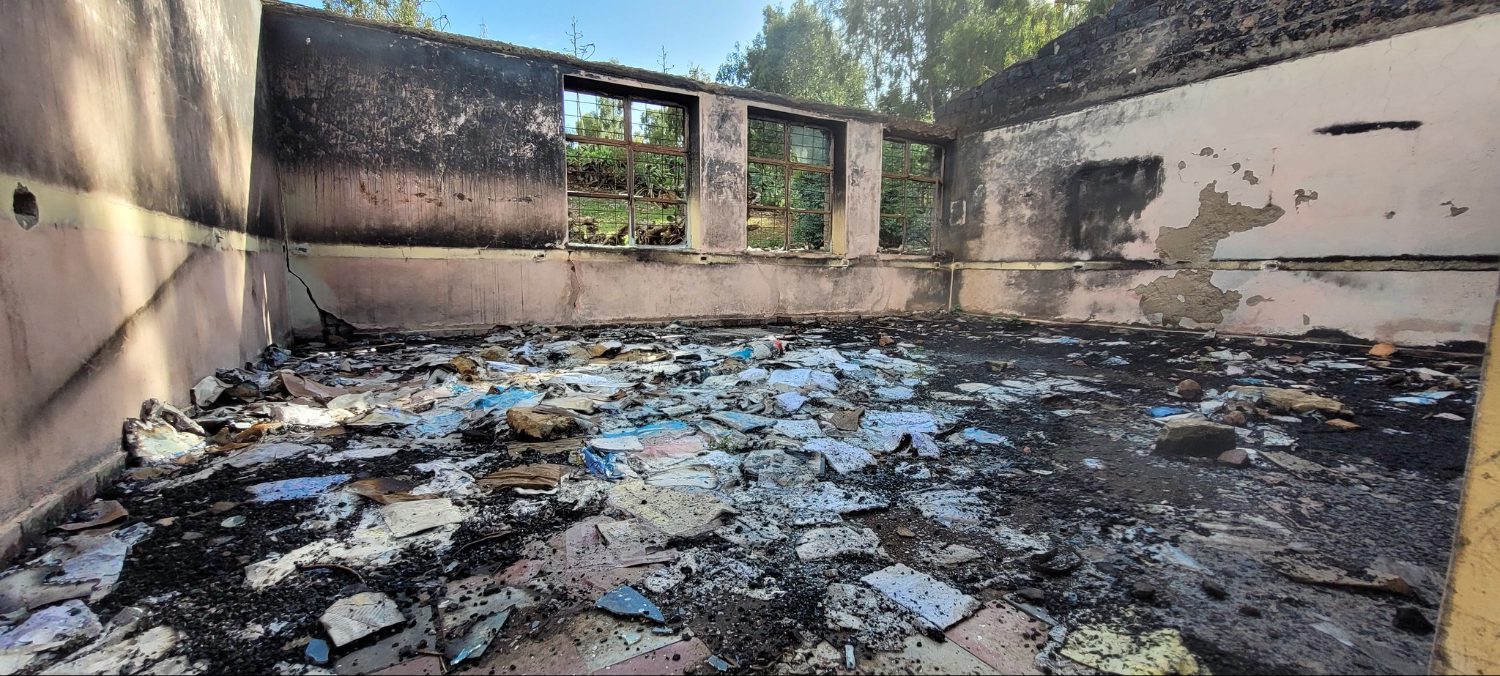Tigray sued for peace to save Tigrayans from starvation. More humanitarian aid is now arriving and services are being restored in many areas. These are just the first steps.
In a memo circulated today, we look at some of the challenges of aiding Tigrayans to restore at least some of what has been destroyed in the two years of war.
Tigray’s humanitarian needs must be met in the context of deep distrust between the Federal and Tigrayan authorities and a sharp decline in confidence among Tigrayans in their own political leadership. At federal and regional level, institutions are at best quasi-functional. A ‘business as usual’ approach just won’t add up to the urgent response that is desperately needed. Work arounds will be needed, for example through using major NGOs as implementing partners.
Tigray needs a vision for peace and rehabilitation that matches the extraordinary levels of energy and commitment shown by the Tigrayan people during their resistance. This energy exists in communities and civil society. We propose that assistance modalities should prioritize an enabling environment for communities to assist themselves. This means support to civil society, and urgent attention to human rights and protection of civilians.
Aid donors face a special challenge in the aftermath of state policies of destruction, deprivation and pillage. How can they channel reconstruction funds through government institutions, after that same government deliberately destroyed the region’s infrastructure, including aid-funded projects?



